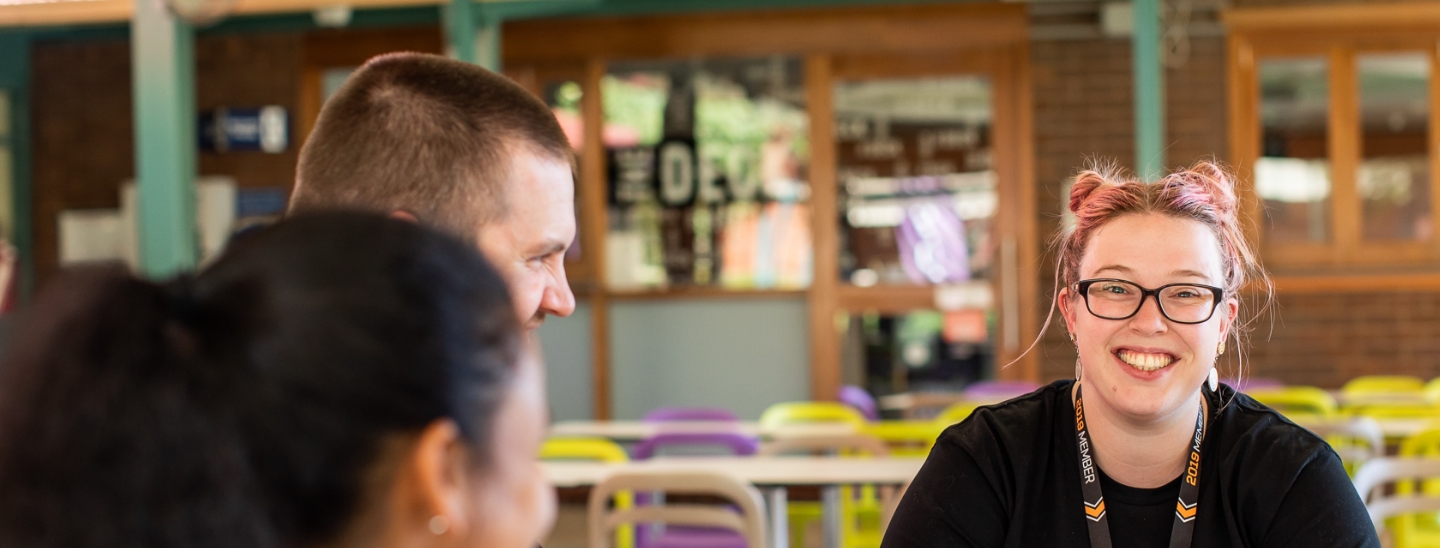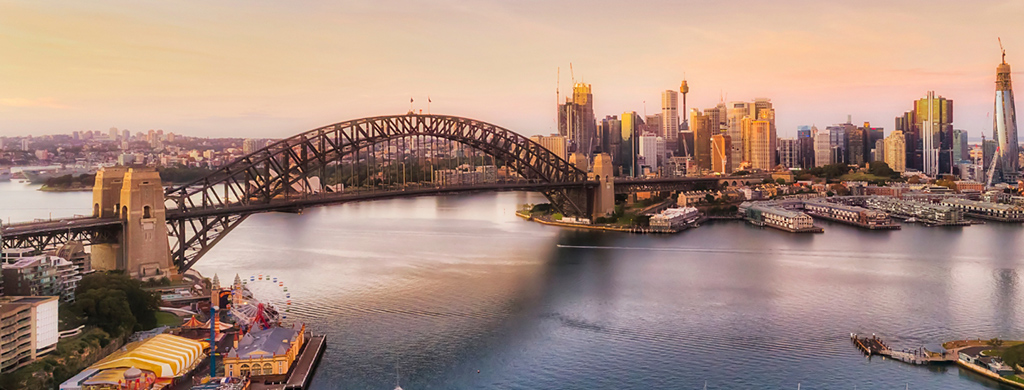
First things first
Arranging your flights
To give yourself time to settle into your accommodation and be prepared for study, we recommend that you arrive in Australia at least two weeks before orientation (pending your visa approval outcomes). Many students travel to and from Australia at the beginning and end of each trimester, so flights can become heavily booked in advance. We recommend that you book your flights as early as possible – ideally, as soon as you have confirmed your enrolment.
Learn more about our airports and your arrival
Important documents
You’ll need to keep these on hand
When you go through immigration and border security at the airport, you will be asked to show your passport and other important documents. Please make sure you have the following available:
- a valid passport (with at least six months validity beyond your planned stay)
- your student visa (or a print out of your visa grant notification letter)
- your Letter of Offer from Charles Sturt University Sydney or Melbourne
- your Confirmation of Enrolment (CoE) issued by Charles Sturt University Sydney or Melbourne
- proof of payments e.g. receipts for fees, your Overseas Student Healthcare Cover Card, bank statement etc
- evidence of insurance policies e.g. travel and health insurance
- original or certified copies of your academic transcripts and qualifications
- other identification e.g. birth certificate or driver’s license
- medical records and prescriptions (if applicable)
We recommend you keep all of your documents together in your carry-on luggage (not in your checked suitcase) so that it’s easy to access at the customs and immigration checkpoints. We also advise that you photocopy all of your important documents and keep copies with you or online (plus leave a copy with a family member or friend back home).
It’s also important that you are aware of all the conditions on your student visa regarding working, studying and health insurance.
Learn more about student visa conditions here.

What money to bring
Keep a small amount of cash on you
We recommend you bring a small amount of cash with you – just in case you have any problems with your credit or debit cards on your arrival.
There are banks and foreign currency exchanges at the airport where you can exchange cash, as well as several ATMs for withdrawing Australian dollars. If you have a bank card or debit card that works internationally, you can keep your funds in your bank account at home and just withdraw cash as needed from ATMs.
Once you have set up an Australian bank account, you may choose to transfer your funds from overseas. You may also choose to use a credit card (with a PIN – signatures are no longer accepted in Australia) or travellers’ cheques.
We recommend you will need at least $AUD3000 available when you arrive to cover initial accommodation and living expenses for your first couple of weeks.
Find out more about setting up a bank account in Australia
Phones and gadgets
Important information about your tech devices
If you are bringing a mobile phone from home, make sure that it’s unlocked and not restricted to your home network or country. You can then purchase an Australian SIM card to insert into your phone. SIM cards can be purchased at the airport or from a range of outlets including post offices, supermarkets, petrol stations and mobile phone company stores.
Most mobile phone companies in Australia will allow you to purchase a pre-paid SIM card. Alternatively, you can sign up to a long-term contract and pay after each month of use.
If you are bringing a new laptop with you, we recommend that you have a receipt or other proof of purchase with you to avoid paying import duties.
Of course, you will also have access to computers, Wi-Fi and printers at Charles Sturt University Sydney and Melbourne.
Packing your bags
Your baggage allowance will depend on the airline you fly with
It will also vary depending on if you fly economy, premium economy, business or first class. We recommend that you contact your airline for details.
If you are flying domestically into Sydney or Melbourne from within Australia, the weight limit may be significantly lower than your international flight, so please consider this when packing.
Australians generally dress very casually and while you are on campus, you are welcome to wear comfortable, casual clothes. If you intend to work part-time, you may be required to wear business attire.
